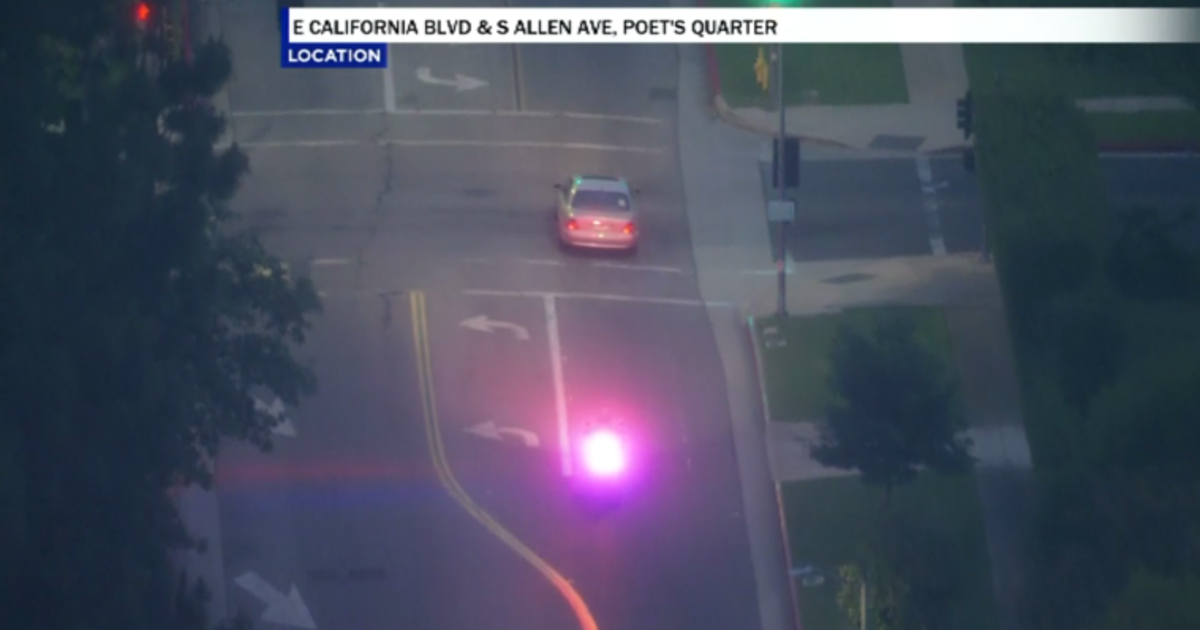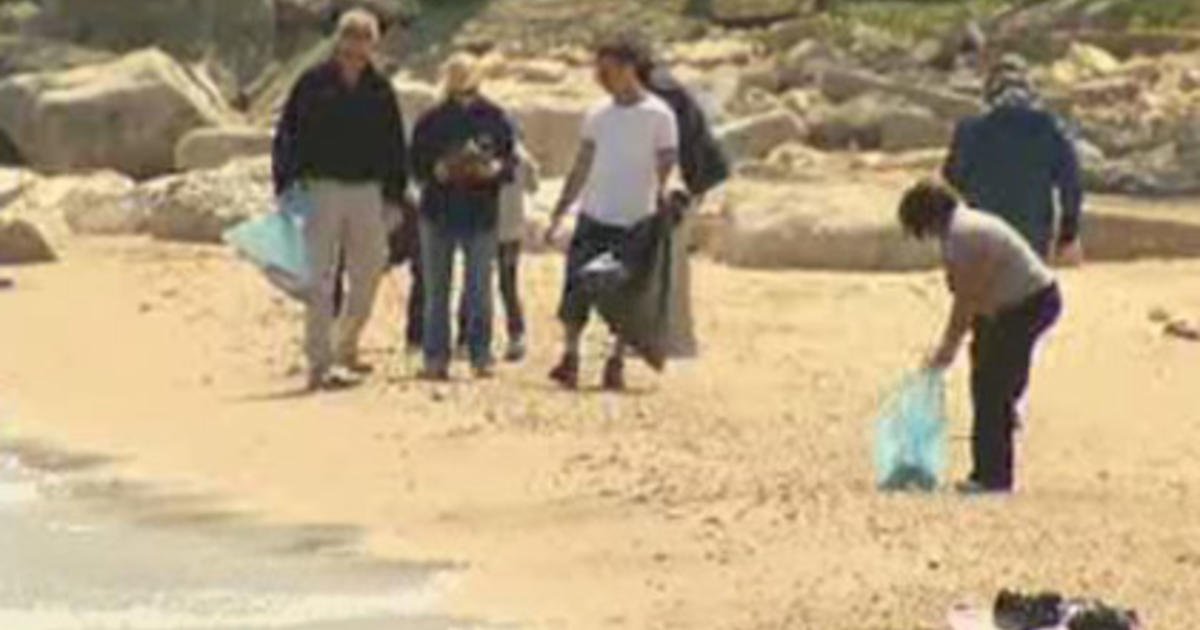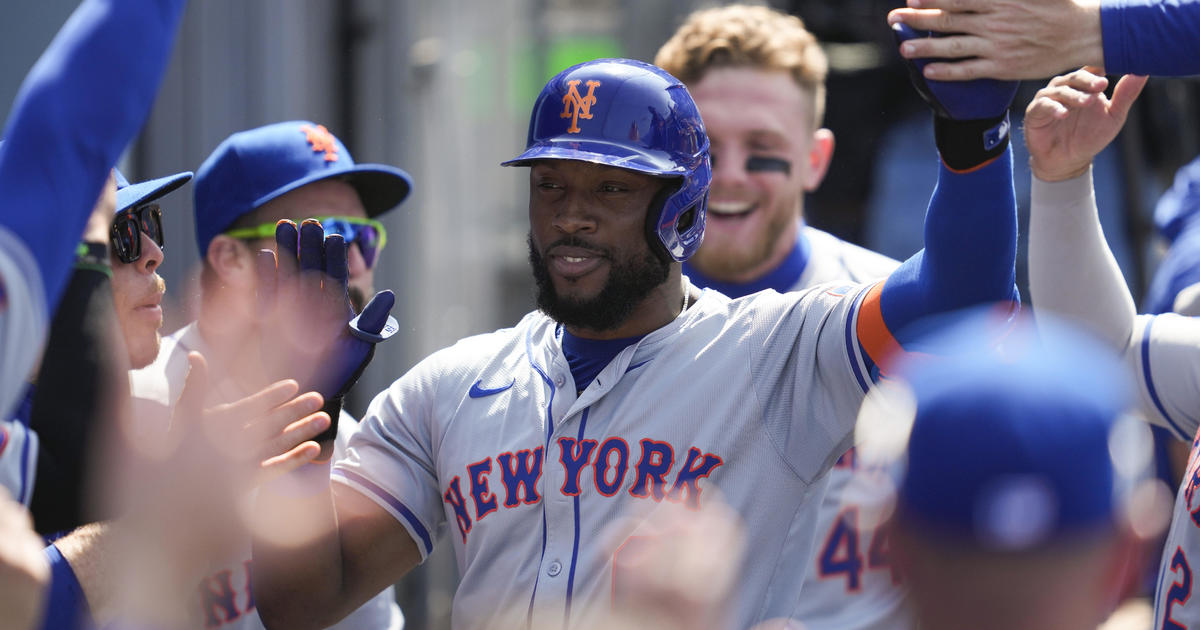Jackson Doctor's Defense Looms In Trial's 4th Week
LOS ANGELES (AP) — The trial of Michael Jackson's personal physician will enter a new phase this week, with the doctor's attorneys trying to counter three weeks of damaging testimony and attempting to show that the singer somehow caused his own death.
Lawyers for Dr. Conrad Murray have told jurors that the involuntary manslaughter case will hinge on the science of what killed Jackson in June 2009. They will call their own experts to counter prosecution witnesses who have repeatedly told the panel that Murray was reckless and beyond the fringes of medicine when he administered the anesthetic propofol to help Jackson sleep.
The Houston-based cardiologist has pleaded not guilty and his attorneys continue to maintain that Jackson somehow gave himself the fatal dose of medication. They have abandoned the theory that Jackson died after swallowing propofol, but now contend he was killed after taking several pills of the sedative lorazepam and possibly giving himself a shot of propofol after Murray left the singer's bedroom.
Before the defense lays out its case -- expected to consist of 15 witnesses and last until the end of the month -- it will have to contend with the government's final witness, Dr. Steven Shafer. The Columbia University researcher and professor helped write the warnings and directions included with every vial of propofol -- warnings a prosecutor said in opening statements that Murray ignored.
Defense attorney Nareg Gourjian declined to say Friday who Murray's team would call to testify, but told the judge they would include police officers, experts and some character witnesses. He was not asked, nor did he mention, whether Murray would testify in his own defense.
It seems unlikely that Murray will testify. Jurors have already heard his more-than-two-hour interview in which he laid out his version of events before Jackson's death to a detective who acknowledges he wasn't conducting an interrogation.
If Murray takes the stand, he would undoubtedly be asked by prosecutors about several unanswered questions, such as why he never told paramedics or ER doctors about giving Jackson propofol, why he never told police he was on the phone for long stretches of the morning Jackson died, and why he recorded the singer when he was impaired, stumbling his way through his plans for a children's hospital and cementing a legacy larger than those attained by Elvis Presley or The Beatles.
In his opening statement to jurors, lead defense attorney Ed Chernoff said Murray's team would try to answer two fundamental questions:
"First, how did Michael Jackson get to this point, this desperate point," Chernoff said. "And second, what happened when Dr. Murray was out of the room?"
Prosecution witnesses have acknowledged that only Jackson and Murray know what really happened, but two medical experts testified last week that Murray was grossly negligent. Even if Jackson somehow was able to give himself medication after Murray left the room, the doctor should have been closely monitoring the singer and should have never left any medications within arms' reach, the doctors said.
(© Copyright 2011 The Associated Press. All Rights Reserved. This material may not be published, broadcast, rewritten or redistributed.)



